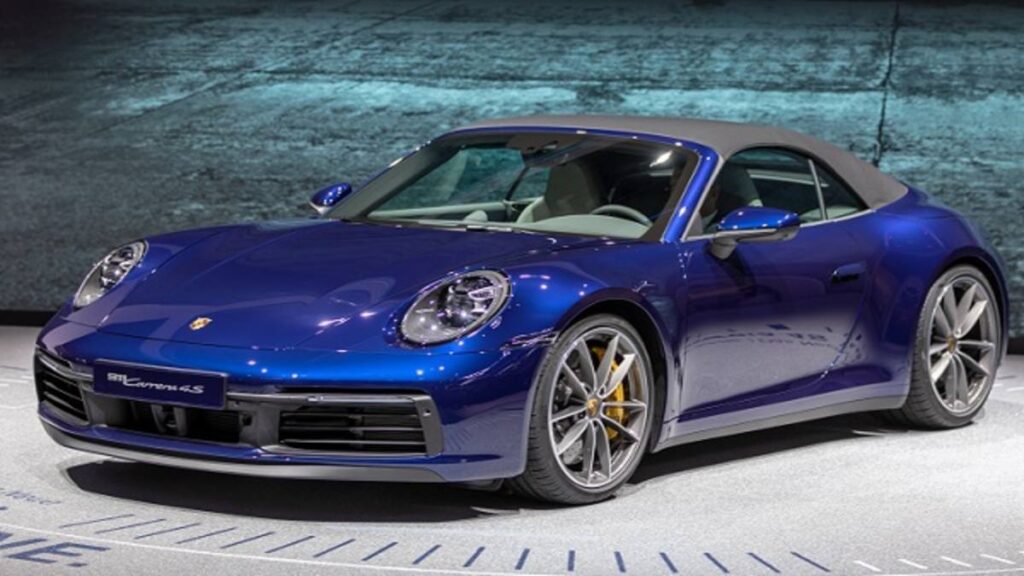Porsche is going big in 2024, unveiling four new car models in the same fiscal year. The luxury automaker leaves the 911, Taycan, Macan, and Panamera models on the tray for customers.
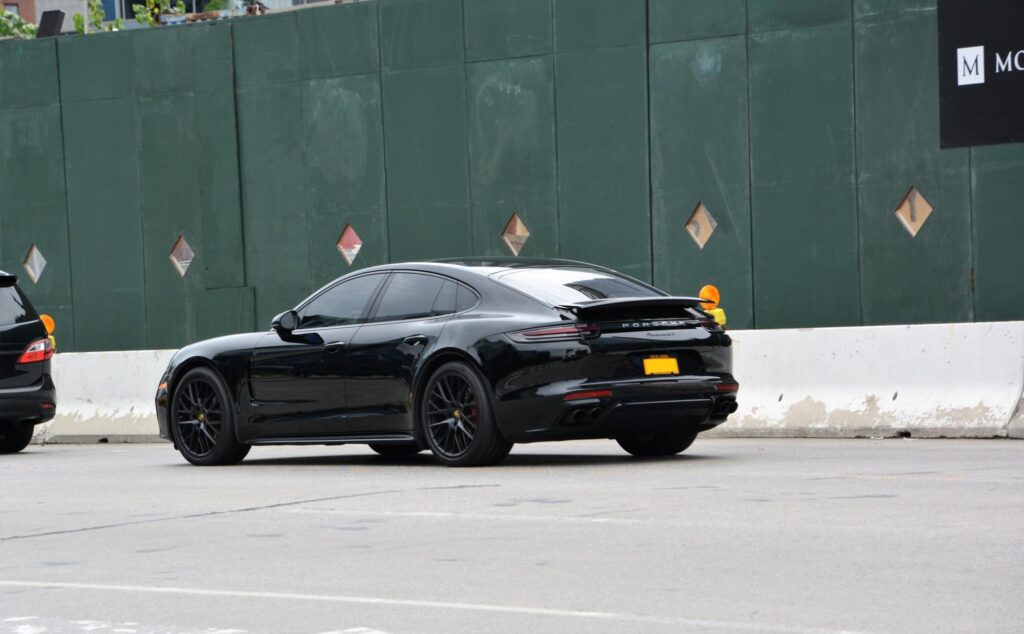
However, despite this good production break, Porsche is apprehensive about how good returns would turn out in the remaining quarters of the year.
Global Inflation Has Humbled Several Businesses
In March, Porsche executives admitted to citing global economic realities and inflation as potential causes of a drag in sales for the 2024 fiscal year.

In addition, the automaker has jerked up shareholder dividends in light of the profitability consistency over the past two years. Across the board, this may affect the business’s profitability in 2024.
Will Porsche Make Any Profit in 2024?
According to an official release by Porsche, “Porsche AG expects a Group operating return on sales in the range of 15 to 17 [percent] for the full year 2024.”
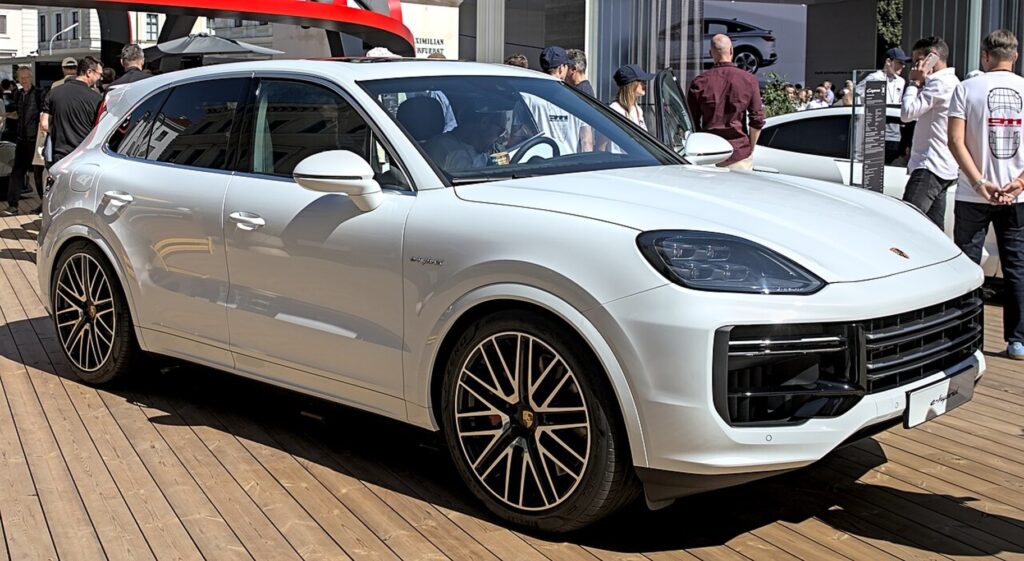
Some things the report cites as complicit in the decline of profitability consist more of external economic dynamics than internal policy changes.
Green-ing the Auto Industry
Instabilities in the global supply chain, the raging inflation, and pressures on automakers to go green and digitize their vehicles are some of the external factors driving up production costs.
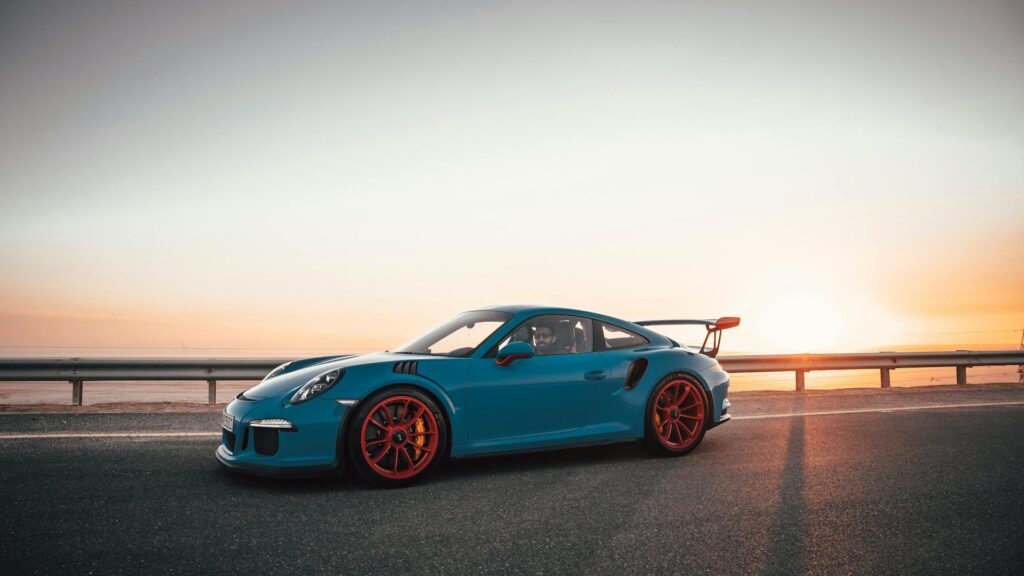
This trend applies not just to Porsche but to other popular car brands, albeit at varying levels. For brands like Porsche, returns on sale drag, while operational costs keep spiking unpredictably.
Breaking Even On All Fronts
Porsche is responsible for some profitability variables. It all boils down to ensuring that “our customers and employees, the company and our shareholders all benefit.”
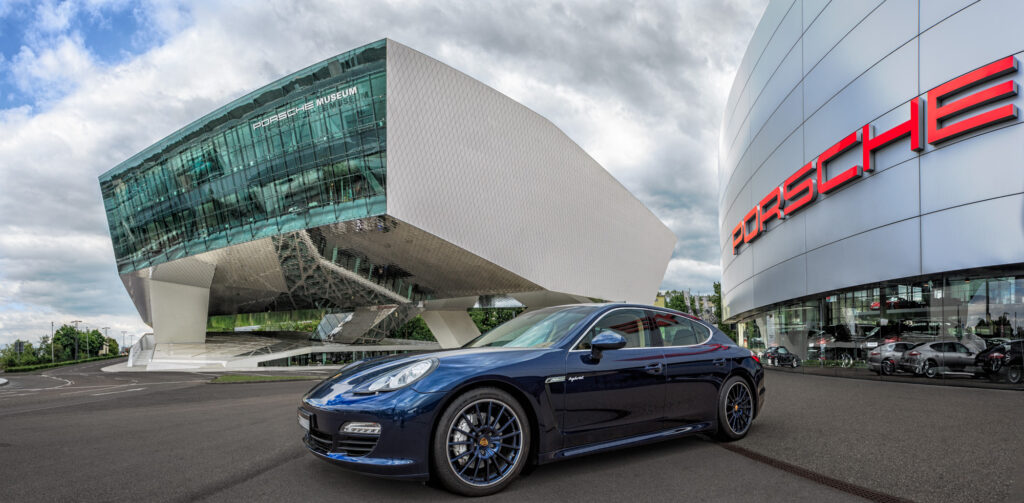
For a luxury brand like Porsche, an increase in operational costs is no excuse for reducing research and development or not paying shareholder dividends.
Porsche Shareholders Are Having a Hell of a Ride
In accordance with Porsche’s standing dividend policy, the company will pay its shareholders about 2.1 billion euros ($2.3 billion) for the 2023 fiscal year.

Porsche has also made it public that the quoted shareholder dividend for 2023 amounts to about 40% of the company’s net income after tax. To make its share portfolio attractive, Porsche is aiming to pay up to 50% of its net income as dividends.
How Policy Changes Affect Profitability
Another in-house factor causing a drop in Porsche’s profitability is the company’s massive investment in branding and the company’s ecosystem.
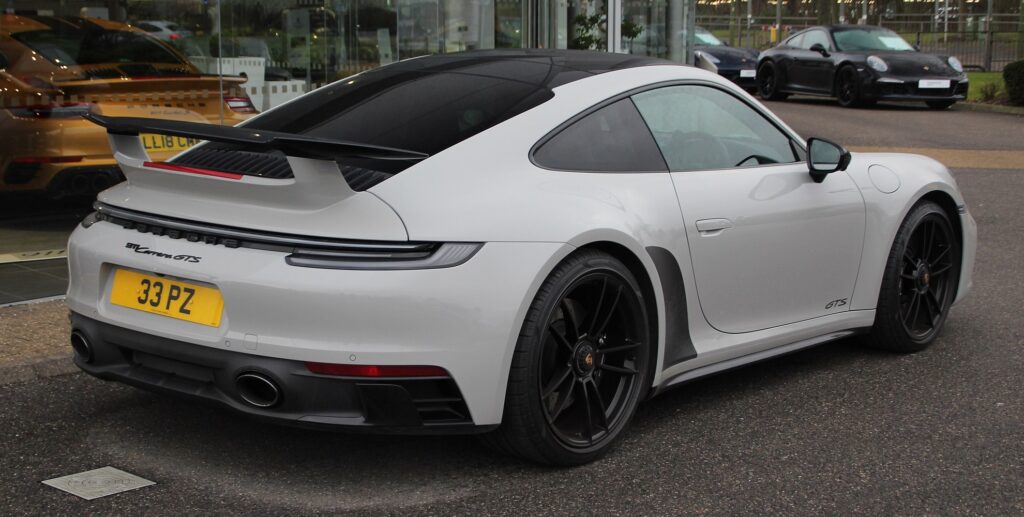
All of Porsche’s new model releases embrace recent advocacy for green economies. The Taycan sports car is all-electric, while the 911, Panamera, and Cayenne are coming to market as hybrids.
Rolling Out New Models Regardless
Interestingly, it doesn’t seem Porsche will stop introducing new models to the market in 2024. Despite the four new models launched earlier in the year, there are strong indications that more will follow before the year ends.
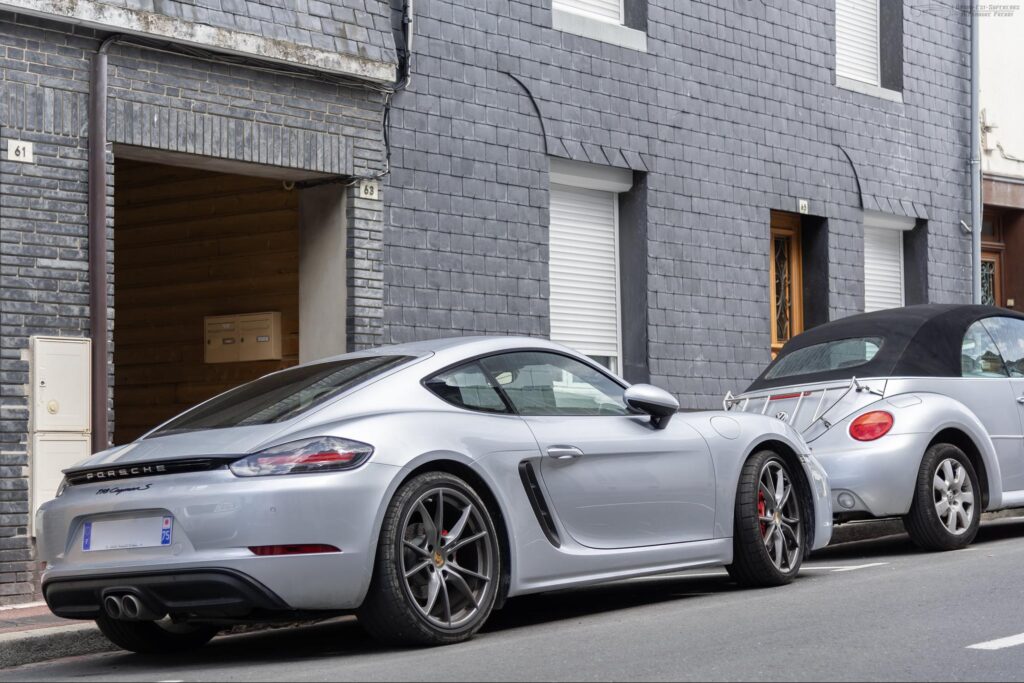
This is a fairly strange trend for a luxury automobile brand.
Breaking the Exclusivity Culture
Brands in the luxury automobile industry would usually space the unveiling of new models, but obviously not Porsche.

“2024 is going to be a year of product launches for Porsche – more so than any year in our history,” says Oliver Blume, who is chairman at Porsche. So, the automaker has clearly broken the mold and is out to set new precedents.
Overwhelming Other Luxury Automakers is the Goal
According to Blume, Porsche is confident that these new approaches to innovation and domination of the luxury auto market will give it an unquestionable edge in a few years.
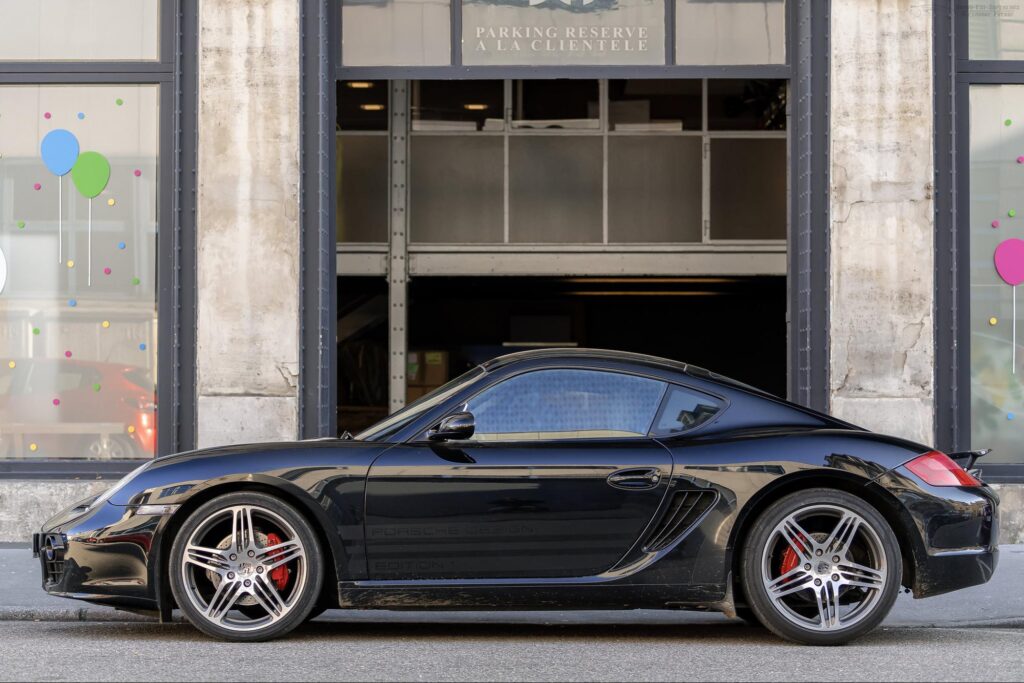
“We will be introducing a variety of exhilarating sports cars to the road, they will delight our customers around the world,” he said.
Plenty in the Time of Draught
The finance team at Porsche is obviously unfazed by the drop in profitability. Seeing that the company has no profit when many stocks are in the reds is a good sign.
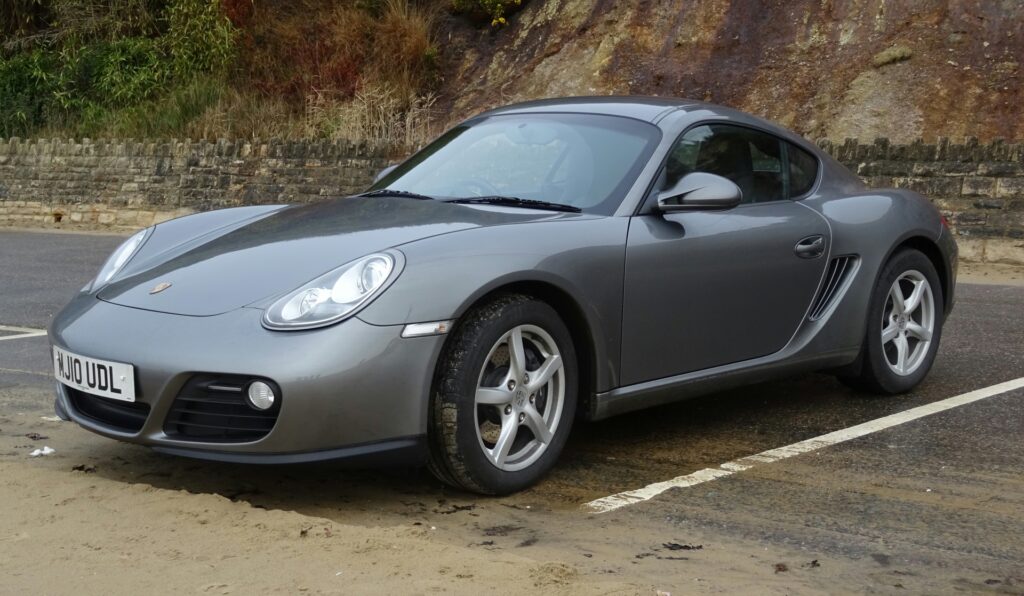
Chief Financial Officer Lutz Meschke said, “Porsche proved in 2023 that we are resilient, highly profitable and financially robust even in volatile times. And we benefit from an even better-balanced sales structure than in the past.”
How Innovations Can Cause Patronage to Drop
Many companies in the automobile industry are struggling to keep up with the new green and sustainable trends. Likewise, some are struggling to remain profitable and losing market share.

For example, brands known for affordability may see their operating costs rise significantly, spilling over into the dealership sales price of their new roll-outs.
Please the Customer, Get the Cash
However, Porsche has the hallmark of being a luxury brand with only high-end vehicles in their portfolio. So, the expensive price tags that come with the company’s innovative upgrades will hardly dissuade their customers.
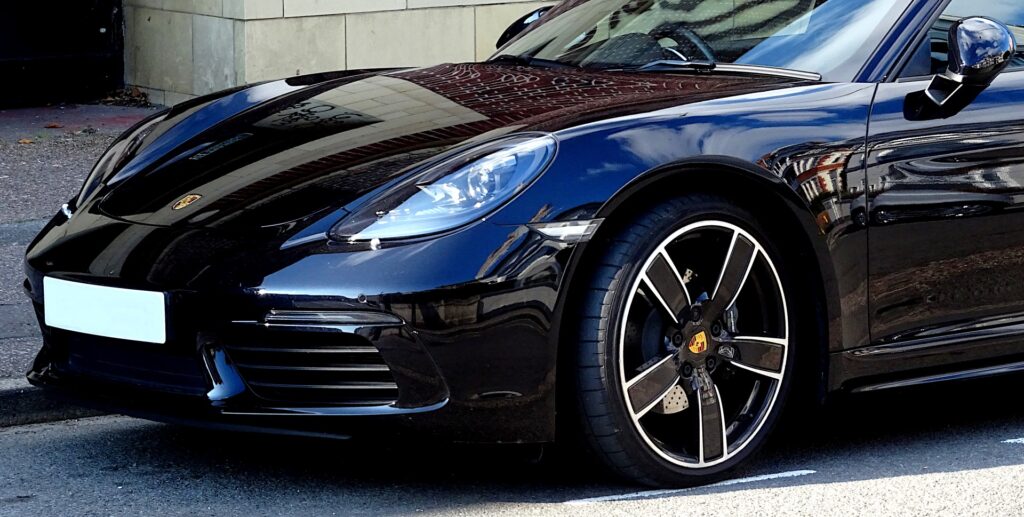
So, Porsche’s financial team projects that sales will jump from $42 billion in 2023 to $45 billion by the end of 2024.
Learning to Milk the Eastern Cow
Meschke also points out that Porsche management is aware that China may be a challenging market to put on a leash. Nonetheless, they are actively working to make more people in the country embrace the Porsche brand.
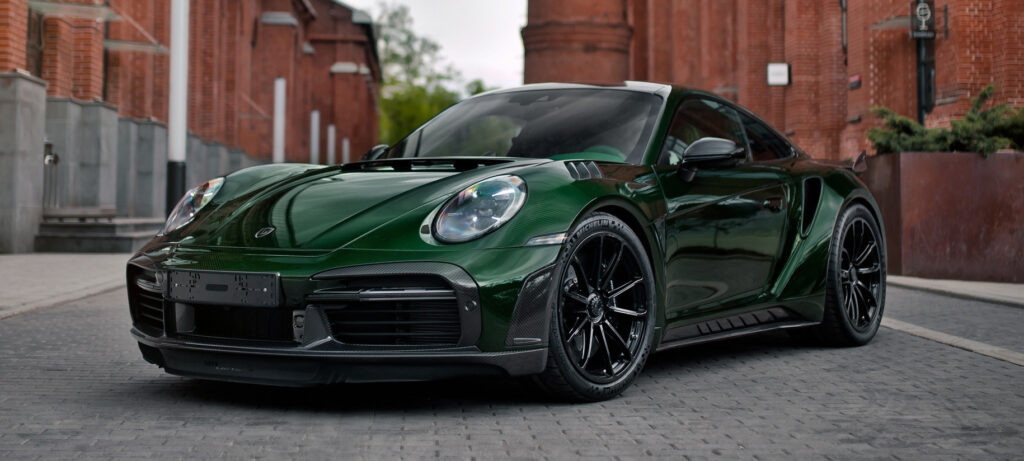
“We expect significant growth when it comes to high net worth individuals in China,” said Meschke.
China Is a Very Ambitious Prospect
Part of Porsche’s goal is to win over the Chinese auto market with its new innovative and sustainable models. The company is not sparing any expense in understanding what customers in that market yearn for and how those needs can be met.
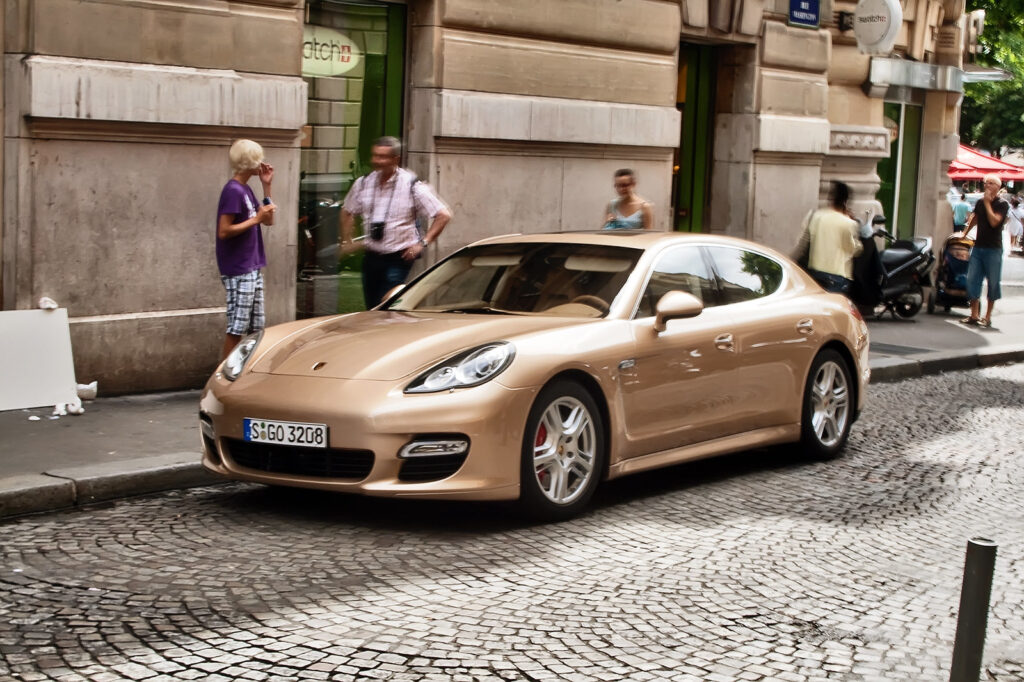
The East-West sentiment has been laid aside, and Porsche is set to rake in some real profits in 2025.

